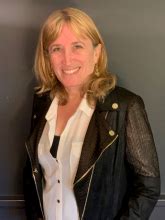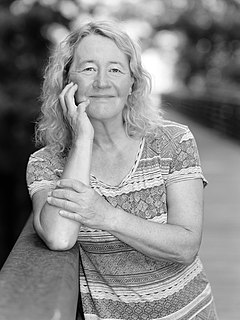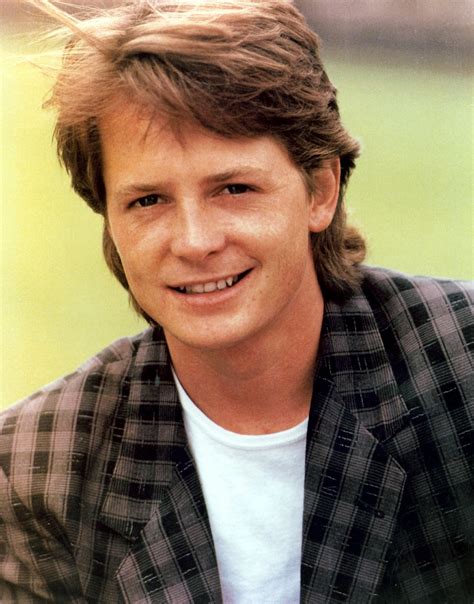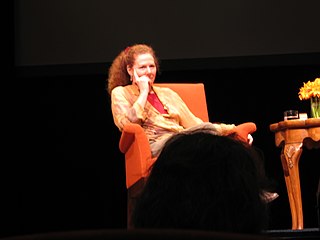A Quote by Pam Allyn
Reading for pleasure isn’t separate from learning to read.
Quote Topics
Related Quotes
In junior high school, I learned that I could be good at school. I remember liking the freedom to choose classes and the pleasure of learning and doing well. My perseverance and love of reading had somehow allowed me to overcome many disadvantages of dyslexia, and I read a lot of books for pleasure.
I was a reader. I loved reading. Reading things gave me pleasure. I was very good at most subjects in school, not because I had any particular aptitude in them, but because normally on the first day of school they'd hand out schoolbooks, and I'd read them--which would mean that I'd know what was coming up, because I'd read it.
































